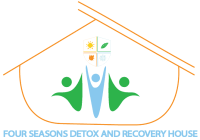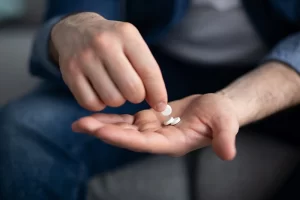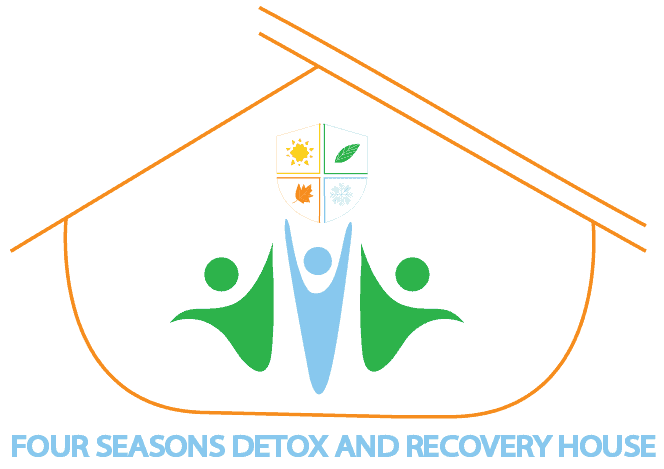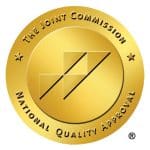When there is too much alcohol in the bloodstream, the result is an alcohol overdose. Also known as alcohol poisoning, the body has difficulty functioning during an overdose, and therefore, breathing issues and irregular heart rate can result, among many other life-threatening symptoms.
What is an Alcohol Overdose?
An alcohol overdose is a serious condition that requires immediate medical attention. When a person drinks too much alcohol in a short period of time, the body has a difficult time processing it. Therefore the more you drink in a short period of time, the greater your risk of alcohol poisoning, according to the Mayo Clinic.
Everyone’s body is different, and therefore the amount each person can drink in a specific period of time will vary from person to person.
For people who do drink, it’s recommended to have only one drink over the course of one hour longer.
One drink is defined as:
12 ounces of regular beer (about 5 percent alcohol)
8 to 9 ounces of malt liquor (about 7 percent alcohol)
5 ounces of wine (about 12 percent alcohol)
1.5 ounces of 80-proof hard liquor (about 40 percent alcohol)
Symptoms of Alcohol Overdose
Alcohol poisoning affects many crucial functions of the body. The symptoms of an alcohol overdose can include a combination of the following:
- Confusion
- Becoming unconscious
- Vomiting
- Seizures
- Irregular breathing (often 10 seconds or more between each breath)
- Choking
- Slow heart rate
- Cold, clammy skin
- Unusually pale skin or blue skin
- Low body temperature
Who is at Risk Of Overdosing on Alcohol?
There are a variety of factors that can increase a person’s chance of overdosing on alcohol. If you drink alcohol, you are at risk of overdosing.
Size
A person’s body size can affect the rate at which the body can metabolize alcohol.
Age
Teenagers and young adults tend to consume more alcohol more frequently than older individuals.
Gender
Men tend to drink more alcohol on average than women.
Binge Drinking
If you binge drink, your risk of overdose is significantly higher. Binge drinking is considered consuming more than five alcoholic drinks within one hour and when a person’s Blood Alcohol Concentration (BAC) reaches .08g/dl or higher.
Mixing Alcohol with Other Substances
If an individual consumes alcohol with illicit drugs or prescription drugs, they increase their risk of an overdose. Additionally, medications such as antihistamines, antibiotics, and painkillers can also increase the risk.
Tolerance
Tolerance also plays a factor in alcohol overdose. The more someone drinks over time, the more alcohol they need to feel the same effects. This can lead to drinking alcohol at a faster rate than what the body can process and lead to an overdose.
How To Avoid Alcohol Poisoning
The solution for avoiding alcohol poisoning is not to drink. Individuals who do drink should consider only consuming one drink per hour to reduce the risk of an overdose. It’s also recommended to avoid drinking on an empty stomach. Food in the stomach helps to potentially slow the rate of alcohol absorption.
How is Alcohol Poisoning Diagnosed?
If someone shows signs and symptoms of an alcohol overdose, immediate medical attention by a hospital or emergency personnel is needed. A doctor will perform a physical exam and a series of tests to confirm if the individual has overdosed on alcohol.
If you are with someone who is experiencing an overdose, follow these steps:
- Call 911 or call a local emergency number immediately and/or seek medical attention for the individual
- Never leave an intoxicated person or unconscious person alone
- Place the person on the ground in an upright position (seated in a chair puts them at risk of falling)
- If someone begins to vomit, place them in a forward position to prevent choking
- If the person is vomiting while lying down, roll them onto their side
Emergency personnel might ask you questions about the individual’s alcohol consumption and how much the person drank.
Treatment for an Alcohol Overdose
Anyone who experiences an alcohol overdose needs to be treated in a medical facility to receive proper care. The exact care provided will depend on their specific symptoms.
There are many dangerous myths about overdosing on alcohol. Some people think you can simply sleep off an overdose. However, this is not the case. If someone has consumed too much alcohol and is overdosing, they cannot sleep it off, drink caffeine to treat it, take a cold shower, or walk it off.
In fact, each of these measures could make the condition much worse. Sleeping and a shower can actually cause a person to lose consciousness. Walking and drinking caffeine will do nothing.
Receiving alcohol addiction treatment for alcohol abuse is the best preventative measure for an alcohol overdose.
Alcohol Rehab Treatment
If you or someone you love is struggling with alcohol addiction, help is available. At Four Seasons Detox, we provide a wide variety of evidence-based therapies and addiction program offerings.
Our programs include alcohol detox, residential treatment, partial hospitalization treatment, and dual diagnosis. Our therapies include individual therapy, group therapy, family counseling, and a range of therapeutic activities, all aimed at helping you overcome your addiction.
Get Treatment For Your Alcohol Addiction
Four Seasons Detox and Recovery House is a substance use disorder treatment center providing clients with in-depth, around-the-clock support and therapy. Our alcohol addiction and drug treatment options are tailored to each patient’s unique needs. Start your recovery journey and reclaim your life.






